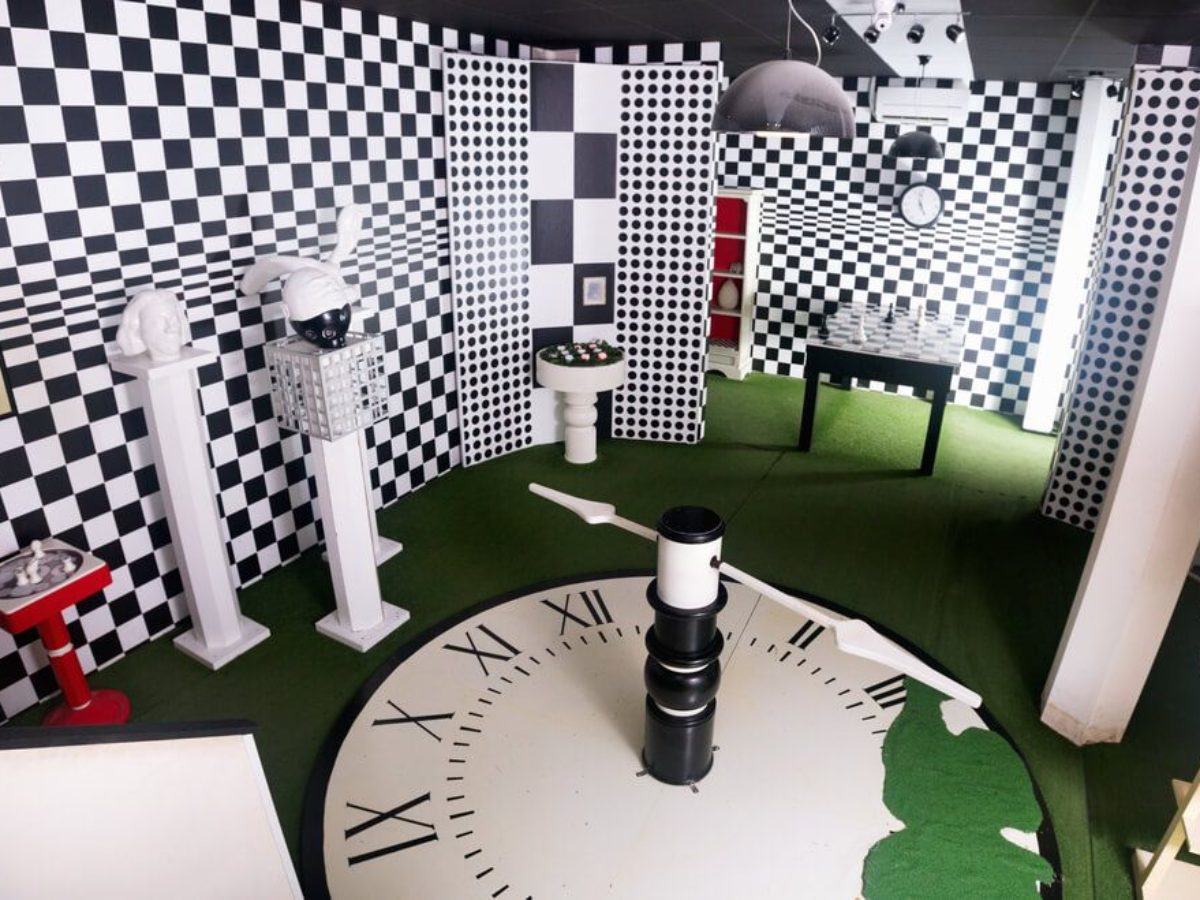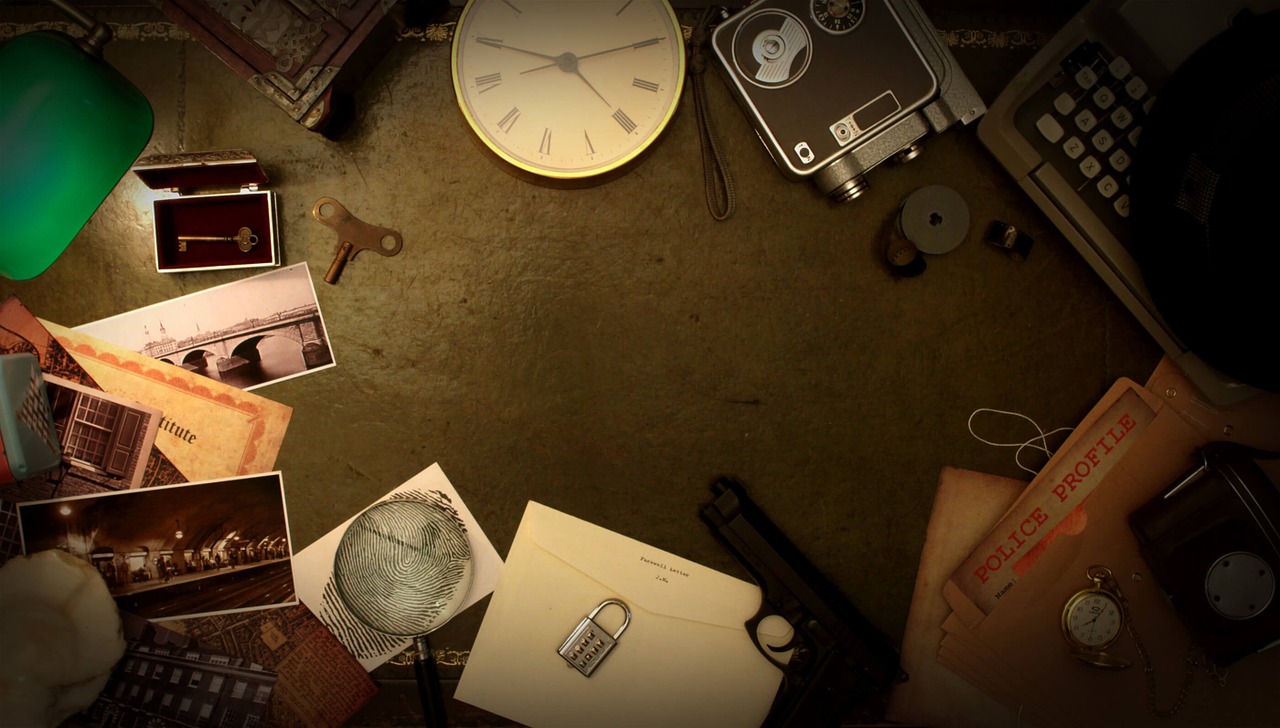Unlocking the Educational Benefits of Escape Room Difficulties
Integrating escape room challenges right into educational structures provides an one-of-a-kind chance to improve important thinking, promote team effort, and develop analytical skills among students. By combining enjoyment with education and learning, retreat areas not only improve pupil interaction yet likewise prepare them for future challenges, calling for resilience and cooperation.
Enhancing Crucial Thinking
Getaway room obstacles act as a appealing and vibrant device for improving critical assuming skills. These immersive experiences call for participants to fix a series of puzzles and puzzles within a set timeframe, fostering an atmosphere where cognitive abilities are carefully evaluated and established. The nature of retreat areas requires an organized strategy to problem-solving, motivating people to evaluate details seriously, acknowledge patterns, and attract logical verdicts.
Individuals in retreat area difficulties are often confronted with complex troubles that require ingenious solutions, consequently promoting association of ideas. This sort of thinking is essential for determining connections between seemingly unrelated concepts and for generating innovative remedies. Furthermore, the stress of a ticking clock includes an element of urgency, pressing individuals to assume both swiftly and accurately.
Moreover, escape room obstacles often incorporate a variety of puzzles that appeal to different cognitive staminas, such as sensible thinking, spatial awareness, and mathematical skills. This diversity makes certain that participants exercise a broad range of psychological professors, which is essential to comprehensive cognitive development. Fundamentally, retreat spaces create a stimulating setting that not just entertains but likewise grows crucial important thinking abilities, making them a useful instructional device.
Encouraging Synergy
Collaborating effectively is a crucial element of success in escape area challenges, as these activities inherently require cooperation amongst participants. The organized environment of a getaway area demands that people pool their diverse skills, understanding, and point of views to fix intricate problems within a minimal duration. This joint technique cultivates an understanding of the significance of each staff member's payments, thus boosting interpersonal abilities and common regard.

Moreover, the immersive and interactive nature of escape spaces supplies a sensible, hands-on experience that strengthens theoretical principles associated with synergy - escape room orlando. It allows participants to exercise and improve crucial soft abilities, such as management, energetic listening, and problem resolution. Consequently, escape area challenges not just make finding out delightful however additionally prepare trainees for future real-world scenarios where team effort is essential
Creating Problem-Solving Abilities
Developing analytical abilities through retreat space difficulties supplies a unique and engaging technique for refining important assuming abilities. These interactive atmospheres present individuals with a series of complex puzzles and situations that need analytical and ingenious methods to fix. By navigating these challenges, individuals are urged to assume outside the box, adjust swiftly to brand-new information, and apply logical thinking next page in real-time.
Getaway rooms replicate facility, real-world issues within a controlled setup, enabling participants to practice methodical analytical processes. This entails determining the trouble, gathering relevant information, producing potential services, and examining these services to choose one of the most efficient one. Such exercises are invaluable in scholastic and professional contexts, where organized problem-solving is an important ability.
Moreover, escape spaces motivate individuals to accept failure as a learning opportunity. The repetitive nature of attempting and changing strategies cultivates strength and perseverance, necessary qualities for reliable problem solvers. This hands-on experience additionally boosts cognitive versatility, enabling individuals to move viewpoints and technique troubles from several angles.
Encouraging Active Understanding
Energetic knowing is substantially promoted through the immersive experience of getaway room obstacles. By incorporating puzzles and tasks that align with curricular objectives, retreat spaces urge trainees to resource apply theoretical understanding in sensible situations.
In addition, retreat area difficulties urge cooperation, crucial thinking, and creative thinking, every one of which are crucial components of active knowing. Participants need to interact effectively, calculated on prospective remedies, and believe outside package to progress with obstacles. This vibrant environment boosts intellectual curiosity and encourages trainees to check out various viewpoints and approaches.

Boosting Pupil Interaction
Engaging trainees in the knowing procedure is critical for academic success, and run away area challenges use a compelling solution to this instructional essential. These interactive experiences capture students' interest with immersive situations that require energetic engagement, critical thinking, and collaboration. Unlike traditional class approaches, escape rooms transform learning right into a dynamic process where trainees are not energetic problem-solvers yet easy receivers.
The hands-on nature of getaway area challenges cultivates a sense of necessity and excitement, which can considerably enhance pupil inspiration. They are more likely to spend initiative and excitement right into the discovering tasks when trainees are engaged in a storyline that requires them to solve puzzles and overcome obstacles. orlando escape room. This enhanced engagement can lead to deeper understanding and retention of the product, as students are called for to apply their expertise in real-time circumstances
In addition, the collective aspect of escape spaces advertises teamwork and communication skills. Students have to work his comment is here with each other, share ideas, and leverage each various other's strengths to succeed. This not just boosts private engagement however also develops a natural knowing neighborhood. Incorporating escape area challenges right into instructional settings can be a powerful approach to boost trainee engagement and drive academic achievement.
Conclusion

Including escape space difficulties into educational frameworks presents a distinct opportunity to improve essential reasoning, promote synergy, and develop analytical abilities among students. As an outcome, retreat room challenges not only make discovering pleasurable but also prepare pupils for future real-world situations where synergy is indispensable.
Involving trainees in the learning procedure is vital for academic success, and leave space obstacles use an engaging remedy to this instructional essential. Incorporating escape area difficulties into instructional settings can be an effective method to elevate trainee interaction and drive academic success.
The vibrant nature of getaway rooms properly outfits trainees with crucial abilities for real-world and academic success, eventually improving the educational experience and preparing learners for future obstacles.